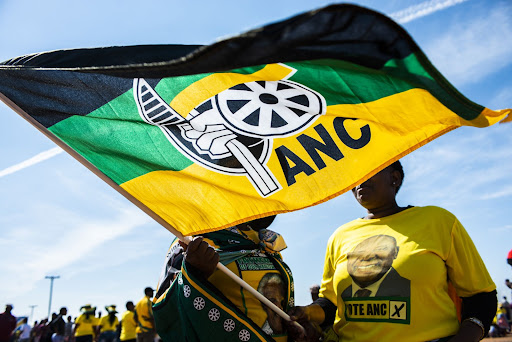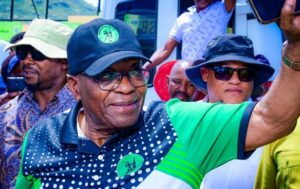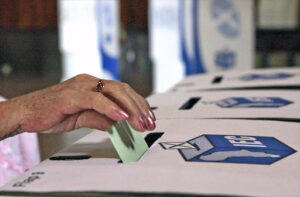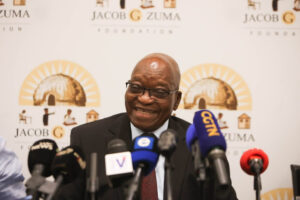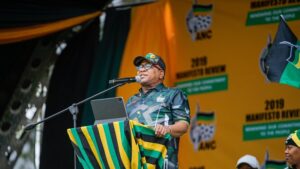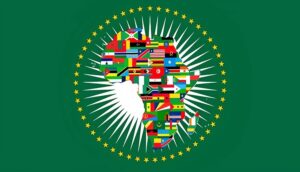In a recent survey conducted by the Social Research Foundation (SRF), support for South Africa’s ruling African National Congress (ANC) has dipped below 50 percent ahead of the general elections scheduled for next year. The party, which was once led by the iconic Nelson Mandela, is projected to win 45 percent of the vote in the upcoming elections, while the leading opposition party, the Democratic Alliance (DA), is expected to secure 31 percent of the vote. This shift in support could potentially see the ANC lose its overall majority in parliament.
The SRF report indicates that support for the ANC has declined from 52 percent in March, based on interviews with over 1,400 geographically and demographically representative registered voters conducted in October. Meanwhile, backing for the DA has risen from 24 percent over the same period.
If the elections were held tomorrow, South Africa’s third-largest party, the leftist Economic Freedom Fighters (EFF), would garner approximately 9 percent of voter preferences, according to the survey conducted by this South African think-tank.
Earlier this week, the South African electoral commission announced that the general elections are scheduled to take place between May and August next year.
The ANC, which has been in power since 1994, has faced significant challenges to its reputation in recent years, marked by allegations of corruption, cronyism, and a lackluster economic record. Notably, the party has never received less than 50 percent of the vote in a national election since the advent of democracy in South Africa three decades ago. However, the ANC has experienced a decline in party membership of more than 30 percent in the last five years, as reported at the party’s conference in December.
In contrast, the DA, a liberal party, made a significant move in July by announcing a coalition with six smaller political groups in an attempt to challenge the ANC’s long-standing grip on power.
These shifting dynamics in South African politics are indicative of a changing landscape, where voters are increasingly seeking alternatives to the ANC, which has dominated the country’s politics for nearly three decades. It remains to be seen how these trends will shape the upcoming elections and the future political landscape of South Africa.

